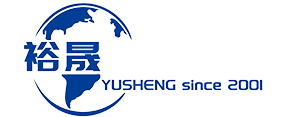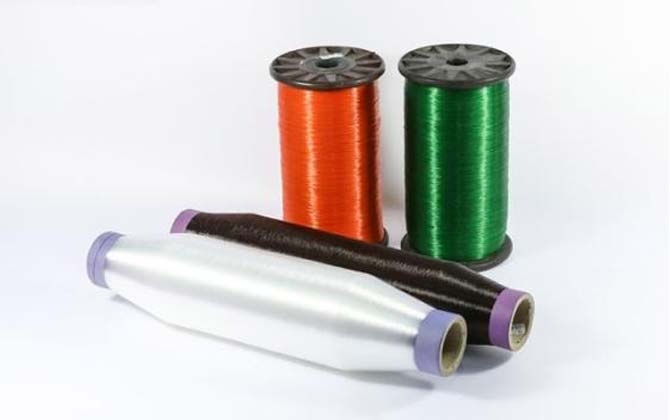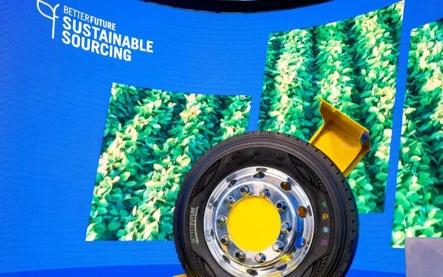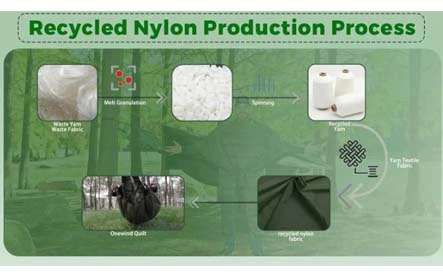


Sumitomo Rubber Industries (SRI) has made a groundbreaking stride in tire manufacturing by commencing mass production utilizing hydrogen and solar energy at its Shirakawa plant in Fukushima, Japan. The announcement of this significant achievement was disclosed by the group on January 15, following the successful implementation of a proof-of-concept project.
The project, initiated in August 2021, was centered around the utilization of a hydrogen boiler and solar panels installed at the Shirakawa factory site to generate steam for the tire production process. Specifically, the steam produced is employed to operate the Neo-T01, an advanced "high-precision metal-core" production system developed by the group, particularly during the vulcanization process.
Since January of the preceding year, SRI has been utilizing these eco-friendly energy sources for the production of Falken Azenis FK520 tires at the Shirakawa facility. Notably, this process has yielded a remarkable reduction in net emissions of greenhouse gases, including CO2, effectively bringing them close to zero.
Net emissions, as explained by SRI, are calculated by subtracting the volume of greenhouse gas absorption through methods such as afforestation and forest administration from the total greenhouse gas emissions.
The successful proof-of-concept project is scheduled to continue until February, with SRI setting its sights on expanding the use of hydrogen energy to encompass all processes at the Shirakawa plant. Beyond this, the group has outlined plans to formulate a detailed strategy for the integration of hydrogen energy at other plants both within Japan and internationally.
In its pursuit of sustainability, SRI aims to produce hydrogen using clean electric power, aiming to obtain "carbon-free hydrogen" with the ultimate goal of minimizing CO2 emissions throughout the entire tire supply chain.
An additional aspect of SRI's forward-looking strategy involves establishing a 'local-production-for-local-consumption model' for hydrogen energy. This entails procuring hydrogen from a production plant located in Fukushima, a region recognized by SRI as being at the forefront of renewable energy development, with over 40% of its consumed energy sourced from renewable sources.
The Shirakawa facility, operational since 1974, boasts a substantial capacity, capable of producing 10,350 tonnes per annum of various tire types, including those for passenger cars, light trucks, TBR (Truck and Bus Radial), and earthmovers.
Sumitomo Rubber Industries' commitment to embracing hydrogen and solar energy in tire production not only marks a significant technological advancement but also underscores the company's dedication to environmental sustainability. By pioneering cleaner and greener manufacturing processes, SRI sets a notable example for the tire industry, showcasing the potential for reducing carbon footprints and embracing eco-friendly practices. As the proof-of-concept project progresses and expands, it is likely to pave the way for further innovations in the tire manufacturing sector and contribute to the broader global efforts toward sustainable industrial practices.
We Value Your Privacy.
Our website uses cookies to improve your experience. By clicking "Accept All Cookies", you agree to the storing of cookies on your device to enhance site navigation, analyze site usage, and assist in our marketing efforts.
 English
English 日本語
日本語 한국어
한국어 français
français Deutsch
Deutsch Español
Español italiano
italiano русский
русский português
português العربية
العربية tiếng việt
tiếng việt





